Want a Career in Human Resources? Your In-Depth (2023) Guide
AIHR
SEPTEMBER 7, 2023
By 2030, the market will grow at an impressive rate of 12.7% HR responsibilities Recruitment: HR works with hiring managers to hire the most qualified candidates for the company’s open positions. Compensation and benefits : HR ensures that employees are well cared for by giving them competitive salaries and benefits.



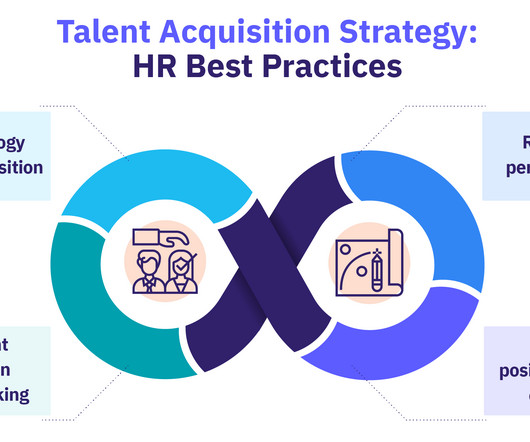

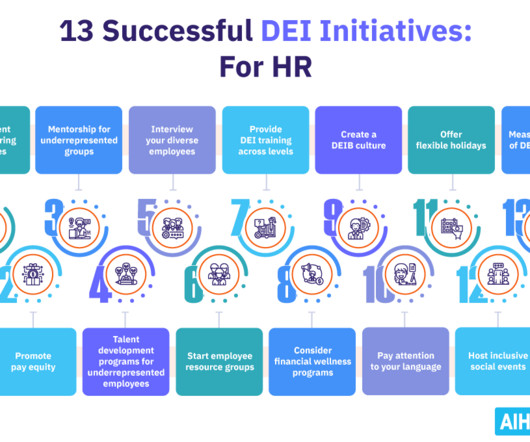
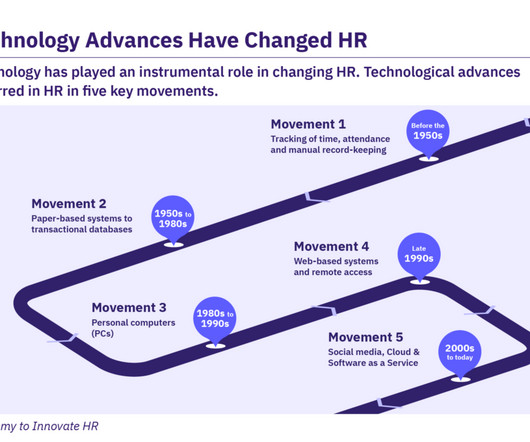
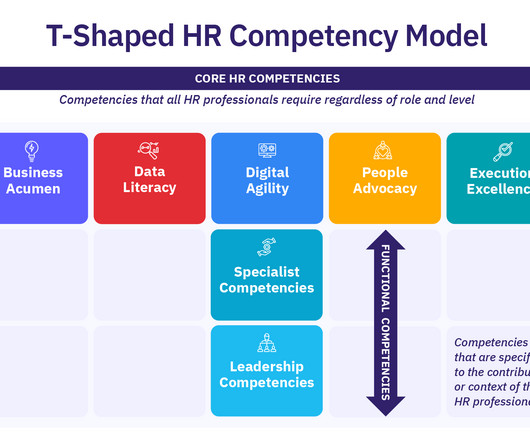



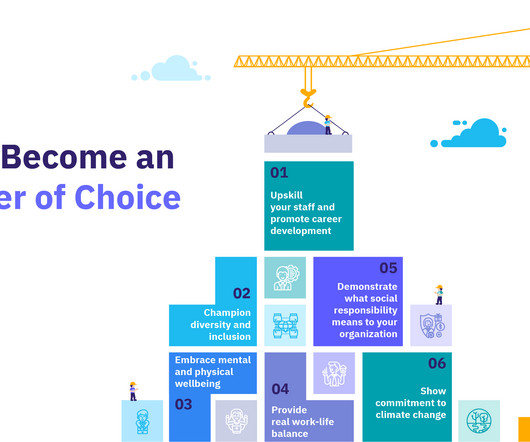






Let's personalize your content